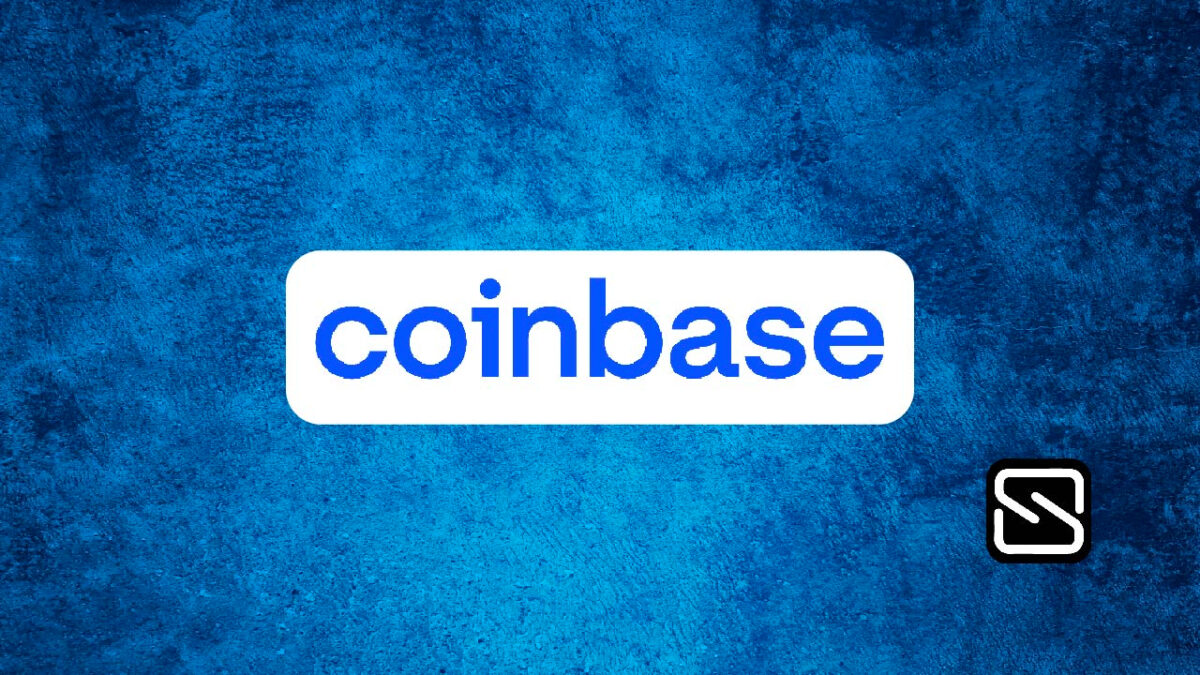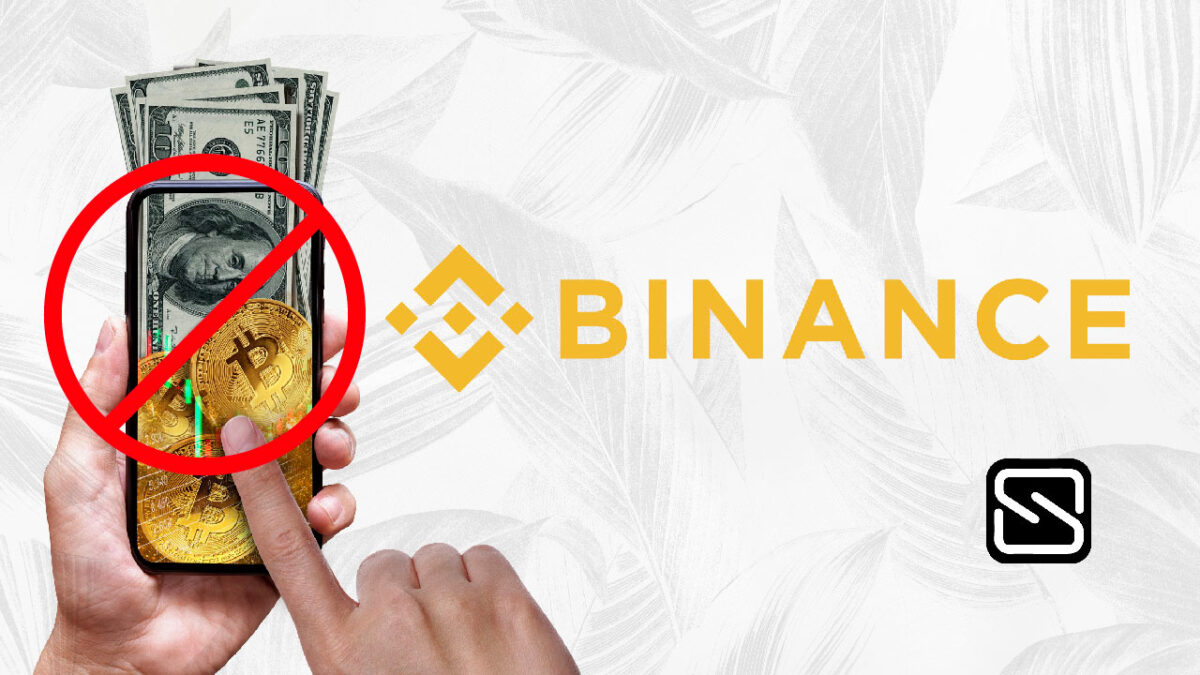Non-fungible tokens (NFTs), are exploding in popularity these days. People are paying big money for these unique collectible cryptocurrency assets. Creative artists are catching up and making millions from them.
They have created opportunities for new business models that didn’t exist before. Artists can now attach stipulations to an NFT that ensures they get some of the proceeds every time it gets resold, meaning they benefit if their work increases in value. Admittedly football and basketball teams have been using similar contractual clauses when selling on players for a while.
Additionally, NFTs have also given musicians the potential to provide enhanced media and special perks to their fans. In Ugandan for example, Daddy Andre and Kohen Jaycee are some of the music artists that have adapted to this.
The potential for big money is leading more people to create NFTs in the hope of cashing in on the current craze. Here’s a step-by-step guide on how you can make or mint and finally sell an NFT.
1. Choose your item
Let’s begin with the basics. You’ll need to figure out the unique digital asset you’d like to turn into an NFT. It might be a customized painting, photograph, song, collectible video game, meme, GIF, or even a tweet. An NFT is a unique digital item with a sole owner. The rarer it is, the more value it gets.
You must make sure that you own the intellectual property rights to the item you want to turn into an NFT. Creating an NFT for a digital asset you don’t own could get you into legal trouble.
2. Choose your blockchain
Once you’ve selected your unique digital asset, it’s time to start the process of minting it into an NFT. That begins by determining the blockchain technology you intend to use for your NFT. The most popular among NFT artists and creators is Ethereum (CRYPTO:ETH). Other popular options include Tezos, Polkadot, Cosmos, and Binance Smart Chain.
3. Set up your digital wallet
If you don’t already have a digital wallet, you’ll want to set one up to create your NFT since you’ll need some cryptocurrency to fund your initial investment. The wallet will provide you with access to your digital assets. The top NFT wallets include Metamask, Math Wallet, AlphaWallet, Trust Wallet, and Coinbase Wallet.
You’ll want to buy some cryptocurrency once you’ve set up your digital wallet. Most NFT platforms accept Ether, the Ethereum blockchain platform’s money. If you already have cryptocurrency, you’ll want to link it to your digital wallet so that you can create and sell NFTs with it.
4. Select your NFT marketplace
To successfully create an NFT, you’ll need to choose an NFT marketplace. Some of the top NFT marketplaces include OpenSea, Axie Marketplace, Larva Labs/CryptoPunks, NBA Top Shot Marketplace, Rarible, SuperRare, Foundation, Nifty Gateway, Mintable, and ThetaDrop.
It’s also important to note that some marketplaces require their own cryptocurrency. Rarible, for example, requires Rarible crypto.
OpenSea is usually a good place to start. It allows you to mint your own NFT, and it’s a leader in NFT sales. The NFT marketplace sold $3.4 billion worth of NFTs in August 2021 alone.
After selecting your NFT marketplace, you’ll need to connect it to your digital wallet. That will allow you to pay the necessary fees to mint your NFT and hold any sales proceeds.
5. Upload your file
You’re now finally ready to mint your NFT. Your chosen NFT marketplace should have a step-by-step guide for uploading your digital file to their platform. That process will enable you to turn your digital file (a PNG, GIF, MP3, or another file type) into a marketable NFT.
6. Set up the sales process
The final stage in the NFT minting process is to decide how you want to monetize your NFT. Depending on the platform, you can;
Sell it at a fixed price. By setting a fixed price, you’ll allow the first person willing to meet that price to buy your NFT.
You can set a timed auction that will give those interested in your NFT a time limit to submit their final bid. Alternatively, you can start an unlimited auction that doesn’t set a time limit. Instead, you have control to end the auction whenever you want.
You’ll need to determine the minimum price (if you set up an auction), set your royalties to continue cashing in on your NFT if it resells on the secondary market, and how long to hold an auction (if timed). Keep fees in mind when setting the minimum price because you could lose money on your NFT sale if you set the price too low.
Unfortunately, the costs of minting and selling an NFT can be costly and confusing. You may have to pay a listing cost, an NFT minting fee, a commission on the sale, and a transaction fee to transfer money from the buyer’s wallet to yours, depending on the platform and price. Because of the volatility in cryptocurrency prices, fees may also change. As a result, you should carefully consider the costs of producing and selling your NFT to ensure that they are worthwhile.
Conclusively, the sale prices of NFTs are rising as they gain in popularity. Consequently, NFT creators can make a lot of money. However, not all NFTs will even sell, let alone make their creator any money, given all the fees involved with minting and selling NFTs. Due to the costs, you need to prepare for the possibility that you could lose money on your NFT creation. The best way to avoid a loss is to make sure you sell an NFT that others will find valuable and set a minimum price that will more than offset any associated fees.
Getting involved with any new frontier is, of course, a major decision, especially if it costs money right away. To be safe, you may begin by looking at some real NFT marketplaces and learning how they operate.









